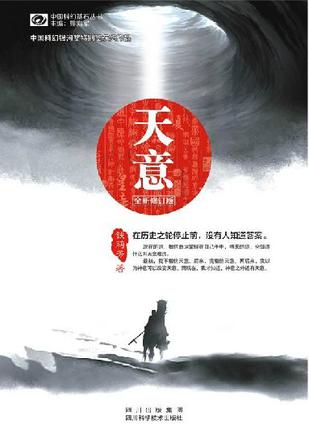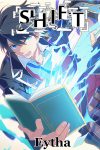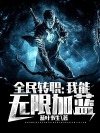Advertisements
Will of Heaven

Type
Genre
Tags[ ]
Rating(3.6 / 5.0, 7 votes)
| 5 | 43% (3 votes) |
| 4 | 0% (0 votes) |
| 3 | 43% (3 votes) |
| 2 | 0% (0 votes) |
| 1 | 14% (1 votes) |
Advertisements
Language
Support Book (#ad)
Author(s)
One entry per lineArtist(s)
One entry per line
N/A
Year
Example: 2012
2004
Status in COO
Status in Country of Origin. One entry per line
1 Volume, 15 chapters (completed)
Licensed
No
Completely Translated
Original Publisher
One entry per lineEnglish Publisher
One entry per line
N/A
Release Frequency
Every 2000 Day(s)Activity Stats [Graph]
Weekly Rank: #2000Monthly Rank: #2000
All Time Rank: #18222
Reading List [Graph]
On 94 Reading Lists
Monthly Rank: #20536
All Time Rank: #18997
Description
Links are NOT allowed. Format your description nicely so people can easily read them. Please use proper spacing and paragraphs.In 218 BC, near a village in the southeast of the Qin empire, a young man named Han Xin— brilliant, ambitious, and utterly destitute— is approached by a black-robed stranger who claims to be a divine messenger. On behalf of his god, he offers the youth his sole chance to fulfill his ambitions in return for a seemingly bizarre favor. But as Han Xin sees more of the world in his path to power, he realizes that he’s part of a far larger conspiracy, rooted in ancient myth and living history, and that his bargain could have far greater repercussions than he’d ever imagined. He and his protege may still be able to save the day, but not without enormous personal sacrifice.
Associated Names
One entry per line天意
Related Series
N/ARecommendations
N/ARecommendation Lists
N/ALatest Release
c.Epilogue by Will of Heaven Fan Translation (05-12-2014)
c.12 by Will of Heaven Fan Translation (05-12-2014)


